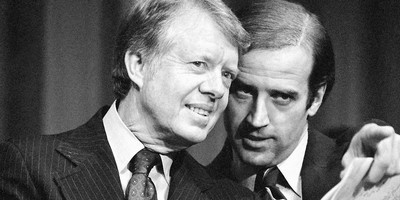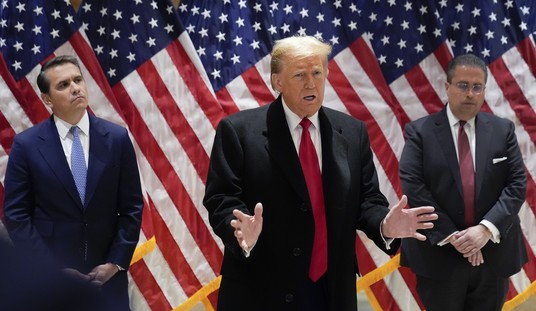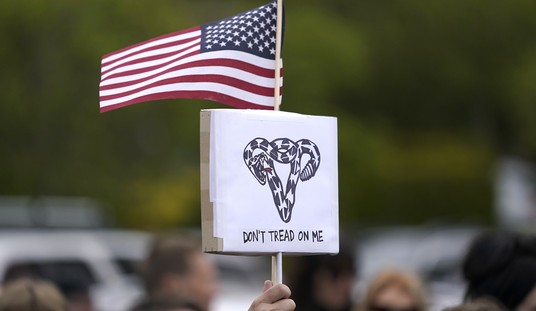President Trump did something Monday I have long advocated. He met with a small group of conservative journalists, pundits and radio talk show hosts. I was among them.
After ticking off a list of what he said were his accomplishments leading up to the arbitrary 100-day marker of his presidency, we asked him questions.
What differed from the crowd of liberal journalists who ask questions during formal news conferences -- and those that toss questions at his spokesman, Sean Spicer, at the daily press briefing -- is that our group asked questions with the intent of getting information, instead of the accusatory tone and "gotcha" questions that often characterize what has come to be known as the mainstream media.
The session was supposed to be on "background," meaning the president could not be quoted, but halfway through he declared it on the record, which is how news broke of his decision to impose a 20 percent tariff on Canadian lumber entering the U.S. Trump said it is "unfair" for the Canadian lumber industry to receive government subsidies. Reciprocity, he called it, "a word I like."
The questions were substantive, including mine about North Korea ("Given your stated budding friendship with China's President Xi Jinping and what do you say are his efforts to dissuade North Korea's nuclear program, would you say war is less likely, or about as likely?") The president said he doesn't discuss military matters in public, but in his answer to my follow-up question he said he's not sure some of the armaments recently paraded through the streets of Pyongyang are real, "but we'll see."
Recommended
Conservatives should not be lapdogs for a Republican president. No one asked the types of softball questions the media usually toss at a Democratic president. The president told us he doesn't expect to be free of criticism, but appreciates fairness. He allowed that conservative journalists are likely to be fairer to him than those his strategist, Steve Bannon, has called "the enemy" and "opposition party." A side note: Bannon stood off to the side at our meeting with the president, frequently smiling.
Evidence that the major media tilt left is undeniable. The Media Research Center, a conservative media watchdog organization, has calculated that during the first 30 days of his presidency "...the President and his team were the subject of 16 hours of coverage on just the Big Three evening newscasts, or more than half (54 percent) of all of the news coverage during this period. And while most new presidents enjoy a media honeymoon, the tone of Trump's coverage was nearly as hostile (88 percent negative) as we found during last year's presidential campaign (91 percent negative)."
The New York Times on Tuesday provided a useful service. It carried a story noting how differently conservative and liberal reporters and commentators have treated President Trump and his administration. Reading these suggests not just different perspectives, but different realities.
The mini news conference ended with a promise by a White House staff member that there would be more of these gatherings. They seem to be an outgrowth of Sean Spicer's strategy to broaden media access beyond the usual collection of liberal journalists and even beyond Washington, as he does with occasional questions via Skype from reporters and anchors in other cities. Most of these have also been substantive and reflect issues and perspectives from outside the Washington Beltway.
While some reporters have groused about this exercise in ideological pluralism, the public is getting more information and a different perspective than what they are used to. That can only be good for the country, for conservative journalists who are often ignored by the major media and for the president.

























Join the conversation as a VIP Member